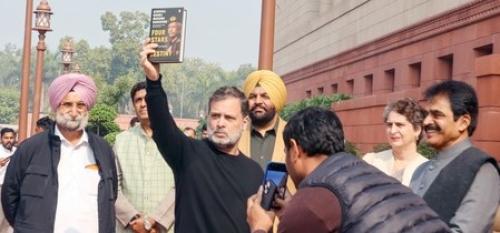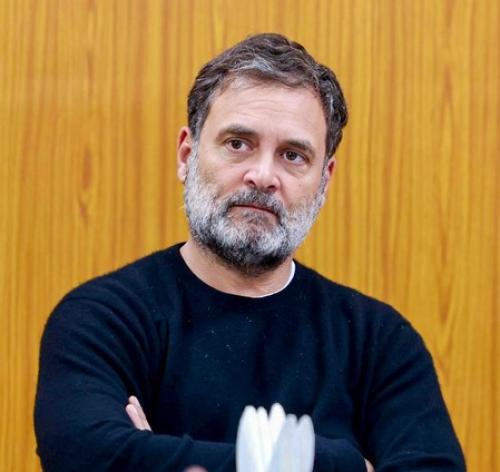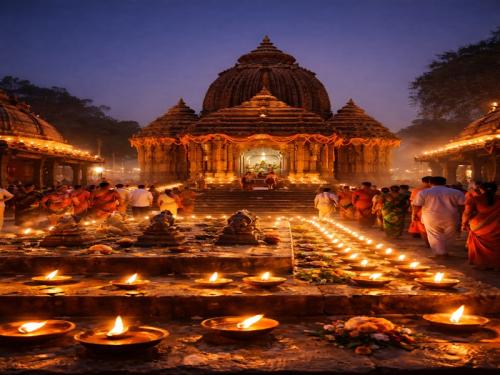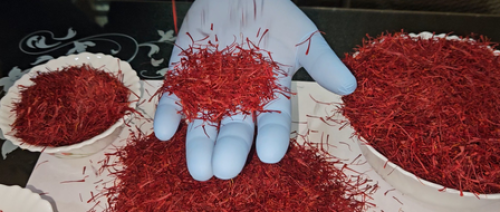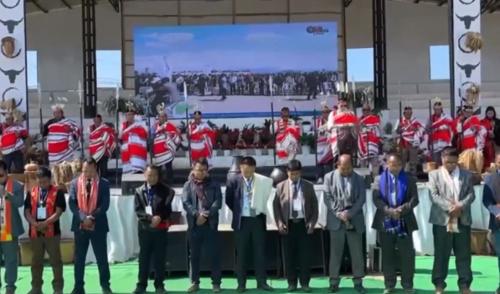New Delhi, Oct 25 (IANS) In April, the Justin Trudeau government removed a reference to Sikh extremism from a report that had earlier termed Sikh terrorism as one of the five threats facing Canada. Pro-Khailistani groups had criticised the "Public Report on the Terrorism Threat to Canada" released last December by the Canadian Department of Public Safety. The removal of reference to Sikh terrorism was seen as an attempt to woo Canadian Sikhs, and came just ahead of Prime Minister Trudeau's visit to a Vancouver gurdwara for Baisakhi festivities. Among Canada's half-million strong Sikh community quite a number are reported to be supporters of Sikh extremism. According to the now-deleted portions of the report, Sikh radicalism remains one of Canada's top five flavors of homegrown terrorism, alongside Islamic radicalism and far-right fanaticism. Under the heading "Sikh (Khalistani) Extremism," the report noted that "some individuals in Canada continue to support Sikh (Khalistani) extremist ideologies and movements". It said that "two key Sikh organizations, Babbar Khalsa International and the International Sikh Youth Federation, have been identified as being associated with terrorism and remain listed terrorist entities under the Criminal Code." The report cited the 1985 bombing of Air India Flight 182 by British Columbia-based Sikh extremists. It noted that there were "extremely limited" instances of Khalistani violence on Canadian soil, and added that both Babbar Khalsa International and the International Sikh Youth Federation continue to be blamed by Indian authorities for ongoing violence. The report explicitly referred to Canadian-based "financing" for the Khalistani organizations. Sikh community leaders and Sikh members of the ruling Liberal Party protested against the report which they termed as an attack on Sikhism. Pro-Khalistan group Sikhs for Justice (SFJ) demanded Prime Minister Trudeau's resignation over the report. Gurpatwant Singh Pannun, SFJ legal adviser, in a statement said: "For close to a year you and your government stood behind a completely unsubstantiated terror report that labelled our community as Sikh extremists or terrorists. It's despicable that you drop the offensive language from your report the day before you come calling for money and votes in Vancouver." The report was then officially softened in April -- to coincide with Trudeau's attendance at a Baisakhi parade in British Columbia. Mention of "Sikh extremism" and their motive of a "Sikh homeland" were expunged. Instead, there was a vague sentence on "Extremists who Support Violent Means to Establish an Independent State Within India." Punjab Chief Minister Captain Amarinder Singh had said the Trudeau government's move to remove reference to "Sikh extremism" was politically motivated. "The Trudeau government has taken this decision under political pressure and is targeted to woo Sikhs in the election year. Trudeau is playing with fire as the decision will hit Indo-Canadian ties. Removal of reference to Sikh extremism will also pose a threat to India's national security" Amarinder Singh said. Canadian politician Ujjal Dosanjh e a former federal Liberal cabinet minister and NDP Premier of British Columbia e in an interview to the Sun said that with the move Trudeau's government "has bowed to hard-right Khalistanis". "If he had bowed in the same way to hard-right fundamentalist Christians on any issue, there would be devastating criticisms of him by the Liberals, Conservatives and NDP. Except in this particular case the identity politics has won the day. This is an extreme case of political pandering by Mr. Trudeau. He capitulated to the hard-right Khalistanis and undermined the Canadian intelligence agencies or at least their independence in the way they want to identify their threats."
Is Canada's Justin Trudeau govt pandering to Sikh separatism?
- by Rinku
- October 25, 2019 2 minutes
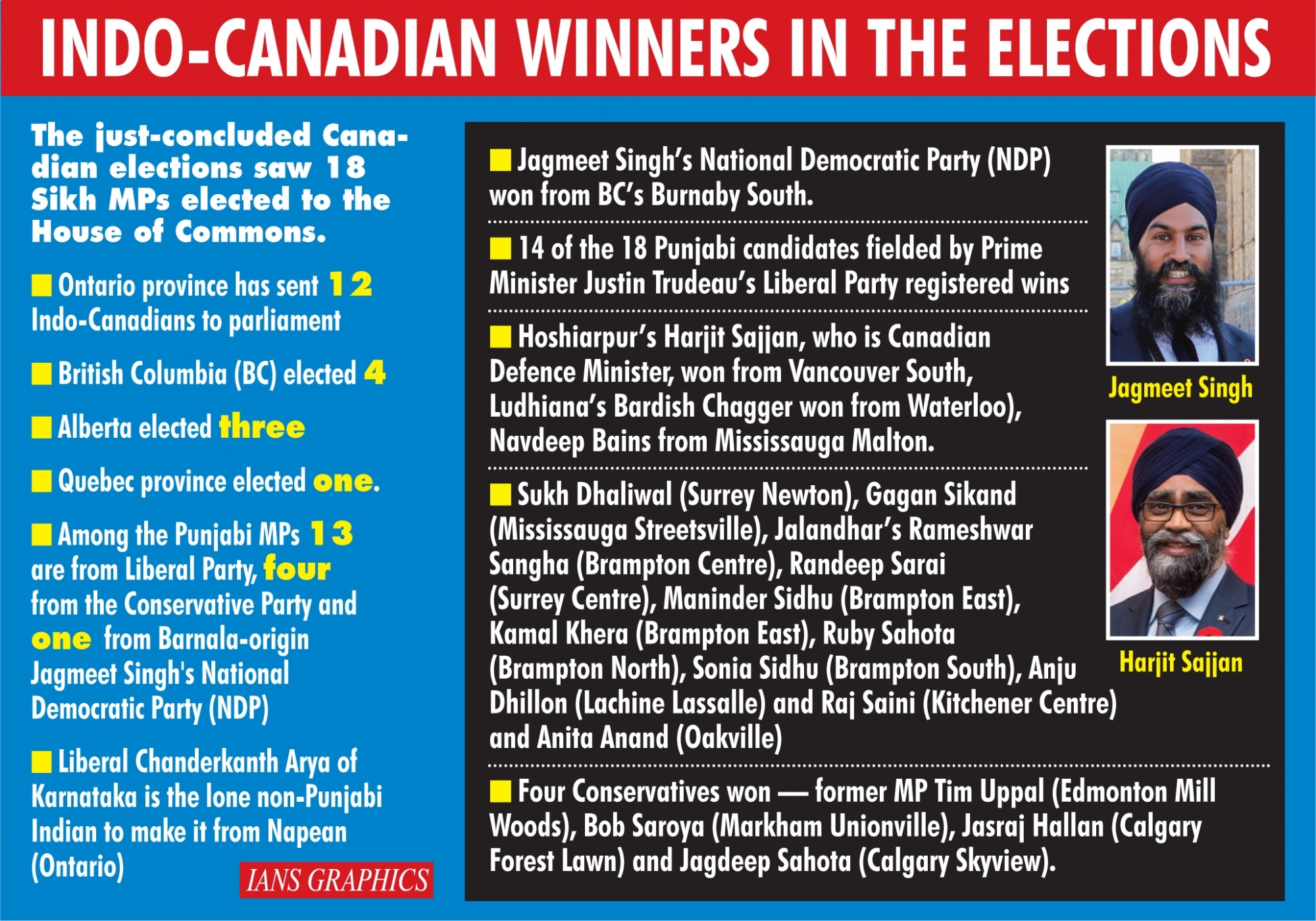
Infographics: Indo-Canadian Winners In The Elections. (IANS Infographics)




